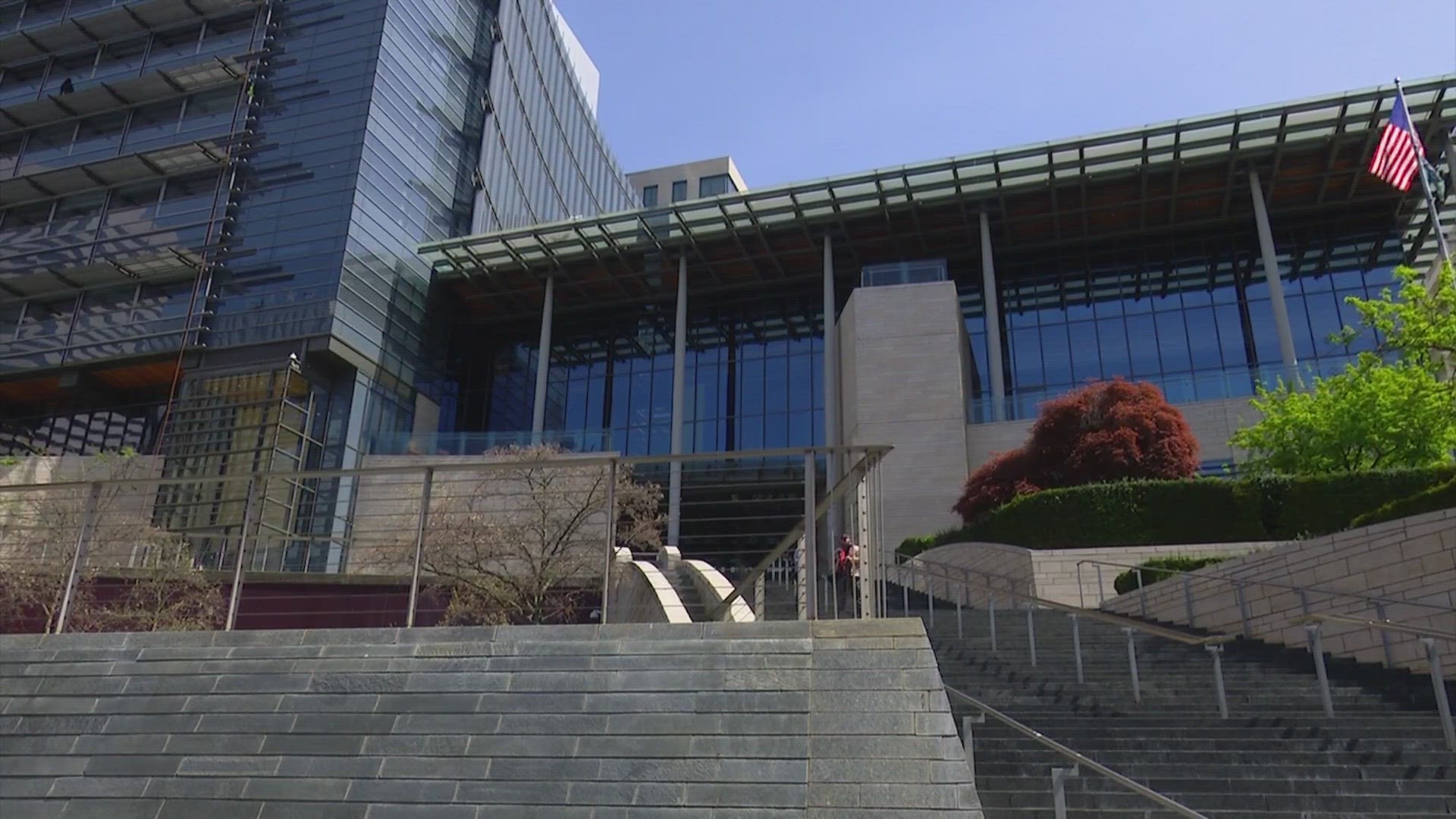SEATTLE — There is a push from the Seattle City Council to increase the pay of nonprofit human services workers.
A draft resolution was discussed this week in the Public Safety and Human Services Committee that lays out goals of taking steps to increase wages for those workers. This comes as a University of Washington study, funded by the City of Seattle, shows many human services workers get paid 30-37% less than jobs in other industries with similar skill sets and duties.
Human services jobs include people who work with senior citizens, people who work to help food insecurity, and many other jobs that serve people in our communities
The study shows human services workers are paid 30% less than jobs in other industries with similar skill sets. The study also found nonprofit human services workers make even less, with a 37% wage gap.
“So, if you leave a human services job and you take a job in another industry, a year later you are making about 14% more per hour,” said Jennie Romich, a researcher on the study and a UW School of Social Work professor.
The study also found gender and race inequities play a role. Romich said that human services jobs are nearly 80% filled by women and that people of color are disproportionately represented in these jobs.
“Black workers are three times more likely to work in human services as they are to work in other parts of the economy,” said Romich.
Seattle City Council member Lisa Herbold said she has heard some human services groups are struggling to keep staff.
“The King County Regional Homelessness Authority is telling us that of its five top contractors, there are collectively 300 vacancies among them," said Herbold.
That's why the committee she heads has created goals to increase wages for non-profit human services workers.
“We talk a lot about creating incentives for people to work in public jobs that are mission critical, like in our public safety realm,” said Councilmember Herbold. “We have to also do it in our human services realm as well.”
The draft resolution has a goal of increasing wages by 7% by 2025 and by 2030 hopes to establish minimum pay standards based on job characteristics. Herbold said funding options are being looked at right now and that she hopes the 2024 budget will include funding for these efforts.
“We're very careful to recognize the challenging budget atmosphere the city is in right now and were working to brainstorm what sort of resources we can bring to address this pay penalty starting in 2024,” said Herbold.
Herbold said the draft proposal will be discussed in committee to make any needed amendments. It would then be voted on in committee before going to the full council.

